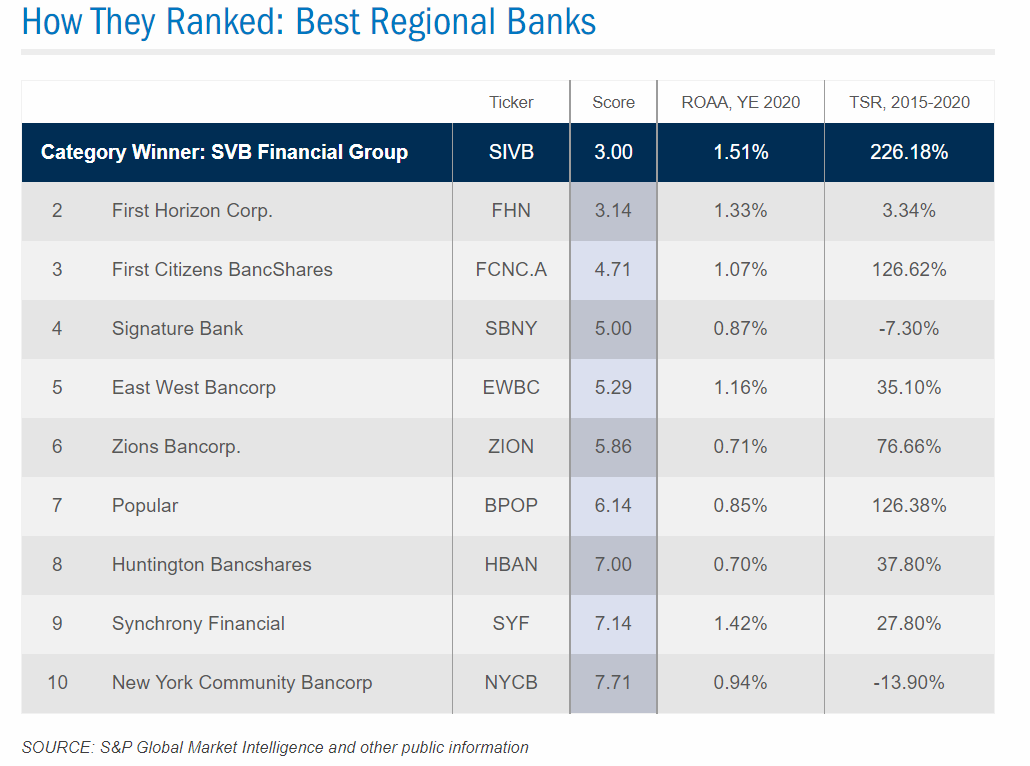Created in 1933 to restore confidence in the nation’s banking system, the The Federal Deposit Insurance Corporation (FDIC) insures deposits at 8,384 banks and savings associations in this country (Source: FDIC News Release – 2/5/2009). A vast majority of these FDIC-insured banks are small and medium community banks. In this article lets review the community banking system and analyze what the future holds for them.As per the Independent Community Bankers of America (ICBA), community banks constitute 98% of all banks in the US. Some of them are small and some of them are medium sized with assets ranging from $10M to a few billion. Community banks are an important source of lending for small businesses. “According to the SBA Office of Advocacy, community banks provide 35% of the total dollar amount of loans to small businesses under $1 million dollars, despite comprising just 12% of industry assets.”
Considering the above facts it would seem that the small and medium banks must be helped during times of crisis. However that is not happening. Following “the too big to fail” theory, the Feds have been helping large banks survive with massive cash infusions while shutting down weak community banks. In 2008, of the 25 banks failed banks just two of them large institutions. They were Washington Mutual and IndyMac Bank accounting for 91 percent of the assets of all the failed banks in 2008.
This year so far the following 13 banks have failed:
Pinnacle Bank of Oregon, Beaverton, OR
Corn Belt Bank and Trust Company, Pittsfield, IL
Riverside Bank of the Gulf Coast, Cape Coral, FL
Sherman County Bank, Loup City, NE
County Bank, Merced, CA
Alliance Bank, Culver City, CA
FirstBank Financial Services, McDonough, GA
Ocala National Bank, Ocala, FL
Suburban Federal Savings Bank, Crofton, MD
MagnetBank, Salt Lake City, UT
1st Centennial Bank, Redlands, CA
Bank of Clark County, Vancouver, WA
National Bank of Commerce, Berkeley, IL
Of the over 700 community banks listed in the markets, the small ones are strong due to lower exposure to the subprime mess. A recent Banker article says that the medium-sized banks face the greatest threat. Most of the banks that failed in 2008 and in 2009 are community banks.
Medium-sized banks are face tough challenges ahead. Camden Fine, president of the Independent Community Bankers of America (ICBA), which represents the country’s almost 8000 community banks says “They are between community banks [which have assets of $1bn or less] that can fend for themselves, and the biggest banks that are considered too big to fail.â€
While the large mega banks are asking and getting Uncle Sam’s help to continue operations, some small and medium sized banks are actually rejecting federal capital infusions. Small banks such as the 20-branch Burke and Herbert Bank in Virginia continue to attract more deposits. Last year during the Wachovia takeover saga, Edmund Burke of the bank commented “we had an influx of new deposits of $66m over a four-week period. That’s a year’s growth in deposits for us normallyâ€.
Instead of just propping up the mega banks such as Citibank (C), Bank of America(BAC) and the like with tax payers’ dollars it may be time that the government supported the strong community banks. However the weak community banks must be closed down though. With more than 10 months to go, we can expect to see some more community banks fail this year.


In a tree free market, these Wall Street banks would have failed, the smaller healthy banks would have risen up to take their place, but not their fraudulent business practice. Instead, we get one bailout after another.
David
Yes I agree. Smaller banks are not able to grow because of Uncle Sam’s policies.There is absolutely nothing wrong with letting mega banks go under. In fact that should happen in a true free market. There are plenty of well-run banks that will easily provide the services that the consumers expect.
Lets see how things go.